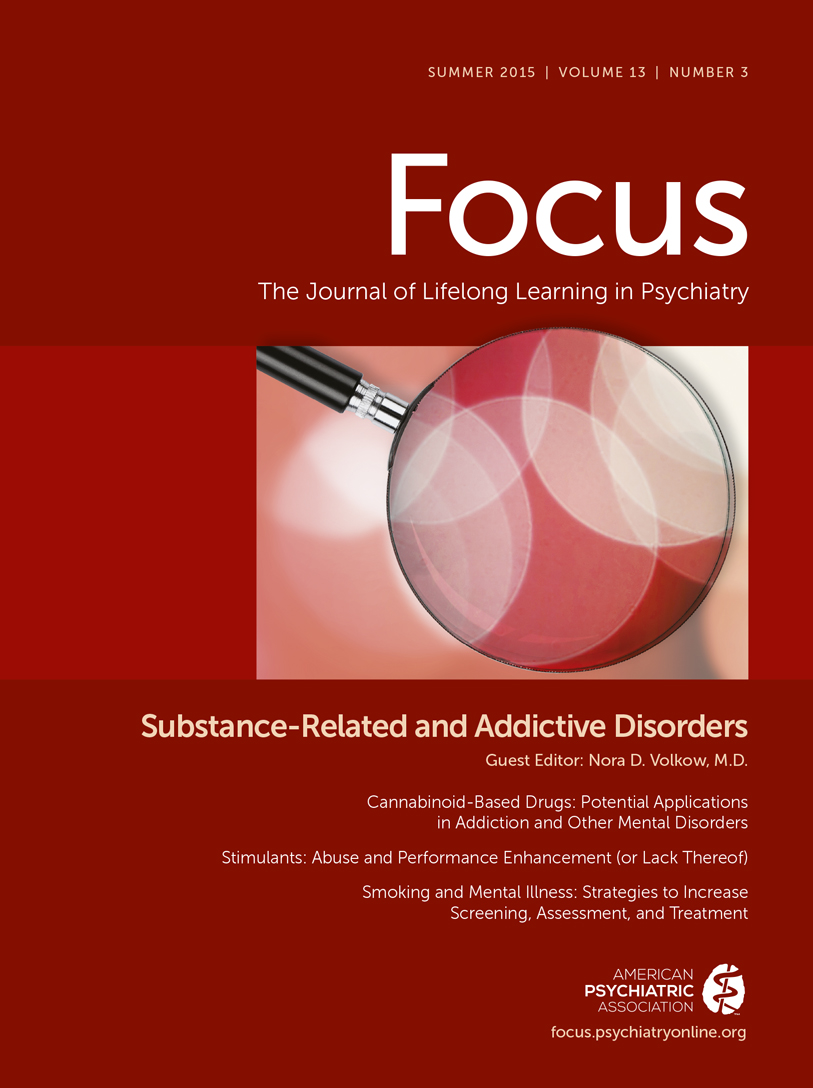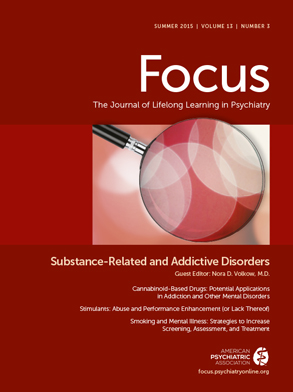Every scientific field is unique. However, it can be argued that, in some respects, the science of substance use disorders is more unique than others. Scientists studying substance use disorders, including addiction, strive to understand a complex developmental brain disorder, with strong social and economic roots, and they are saddled with the pervasive notion that substance use disorders are disorders of personal behavioral choices and hence do not deserve the same attention as other neuropsychiatric illnesses. The fact is that addiction is the archetypal biobehavioral disorder, and it is influenced by genetic, developmental, environmental, and social factors, which make disentangling individual trajectories of risk and resilience particularly challenging. Furthermore, the numerous drugs that can target the brain reward centers display significant differences vis-á-vis biochemical mechanisms and clinical consequences, a fundamental heterogeneity that is further confounded by the fact that, more often than not, drugs are taken in combination. To make matters worse, our field is constantly shifting, with trends in drug use, medical and social consequences, and prevention and therapeutic interventions changing as a function of multiple factors. Prominent examples include the frequent emergence of new drugs (e.g., synthetic cannabinoids and cathinones), trends in drug availability (e.g., pain analgesics), technological advances (e.g., vapor inhalation of various drugs), market fluctuations (e.g., cheap heroin), changes in policy (e.g., state marijuana laws), and the shifting landscape in the health care industry (e.g., inadequate coverage for medication-assisted treatments of substance use disorders).
The experts writing for this issue of Focus were invited to encapsulate the scientific challenge of addressing the complexity of substance use disorders and the potential that scientific knowledge offers to treat and prevent these disorders. The reviews offer timely updates on a wide range of exciting areas of research with particularly high translational impact, including topics from basic research (genetics and neurobiology), clinical research (comorbidity, pain, and use of drugs for cognitive enhancement), treatment (medications and behavioral interventions), and public health (effects of policy on substance use disorders). Combined, these contributions reveal the potential translational effect of cumulative advances at the intersection of the fields of genetics, molecular biology, neuroscience, and the behavioral and social sciences.

